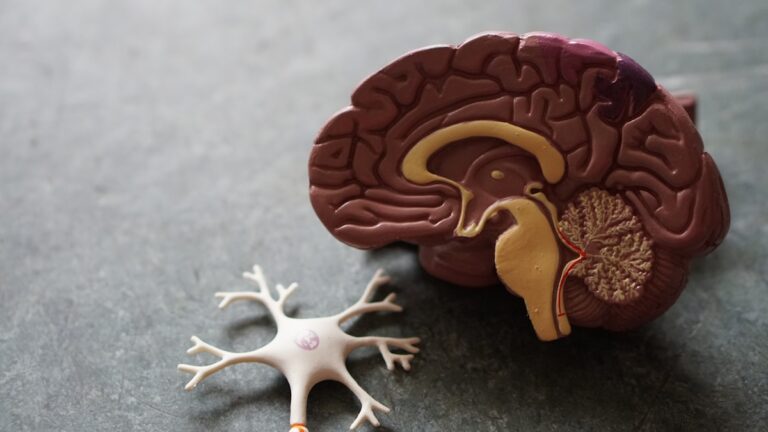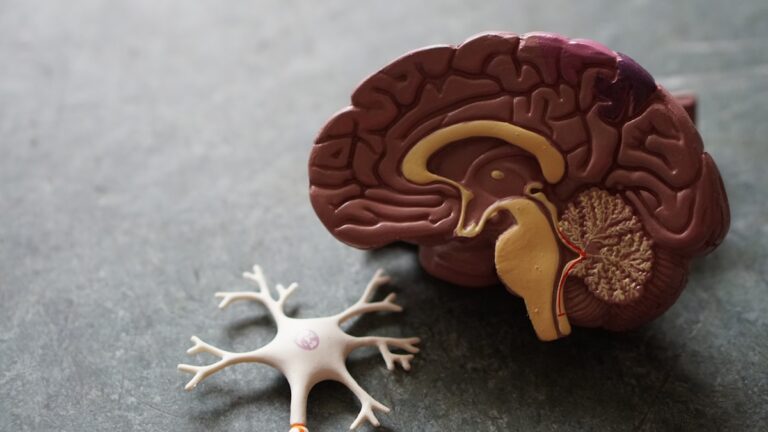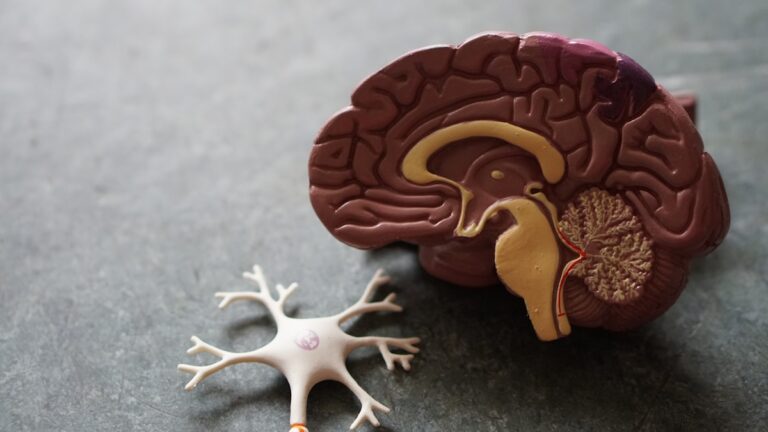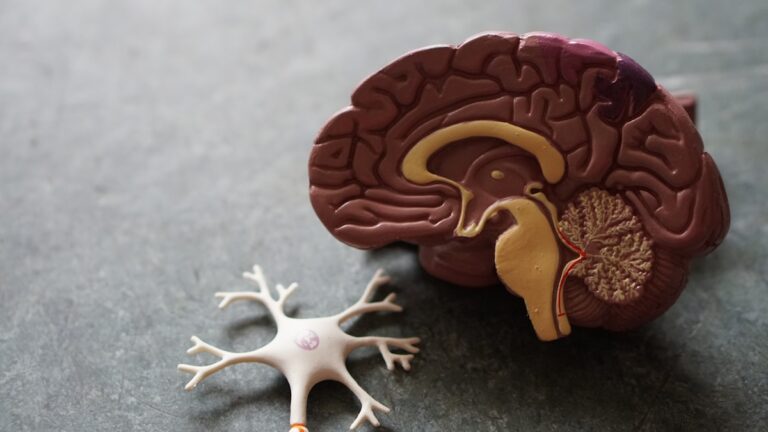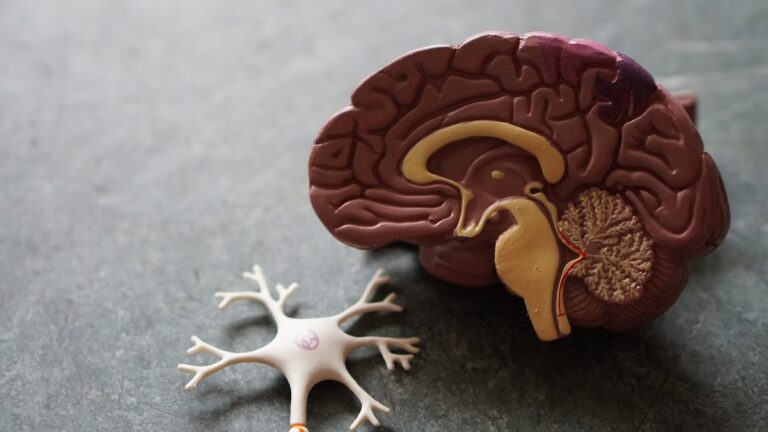Listening to lullabies during quiet time soothes Alzheimer’s patients because music, especially familiar and gentle melodies like lullabies, can reach deep into the brain where other forms of communication and memory may have faded. Lullabies often carry emotional significance from early life, making them powerful triggers for long-term memories and feelings of safety. This connection helps calm agitation, reduce anxiety, and foster a sense of comfort in individuals with Alzheimer’s.
Alzheimer’s disease progressively impairs memory, language skills, and cognitive function. However, music engages multiple areas of the brain simultaneously — including those responsible for emotion, rhythm, language processing, and memory recall. Even when verbal communication becomes difficult or impossible for patients due to cognitive decline, music remains accessible because it taps into preserved neural pathways that are less affected by the disease.
Lullabies are particularly effective because they are simple melodies often associated with nurturing moments from childhood or early adulthood. These songs tend to be repetitive with soothing rhythms that promote relaxation. When an Alzheimer’s patient listens to a lullaby during quiet time:
– The familiar tune can awaken dormant memories or emotions linked to earlier life experiences.
– The calming rhythm helps regulate breathing and heart rate which reduces stress hormones.
– Emotional centers in the brain respond positively to these comforting sounds which lowers feelings of fear or confusion common in dementia.
– Music stimulates nonverbal communication pathways allowing patients who struggle with words to express themselves through humming or gentle movement.
This combination creates a therapeutic environment where agitation decreases naturally without medication. It also encourages moments of connection between caregivers and patients through shared musical experience.
Beyond immediate calming effects during quiet time sessions:
– Music therapy involving lullabies has been shown to boost mood over longer periods by reducing anxiety levels.
– It supports cognitive engagement by activating neural networks involved in attention and memory retrieval.
– Regular exposure can help maintain some degree of identity as personal history is evoked through song.
The neuroprotective qualities of music suggest that engaging with meaningful melodies might even slow certain aspects of cognitive decline by strengthening brain plasticity—the ability for neurons to form new connections despite damage caused by Alzheimer’s.
In essence, lullabies serve as more than just background noise; they act as emotional anchors that soothe distressing symptoms while rekindling fragments of selfhood lost amid advancing dementia. Their simplicity combined with deep-rooted familiarity makes them uniquely suited for creating peaceful moments during otherwise challenging times faced by Alzheimer’s patients.

